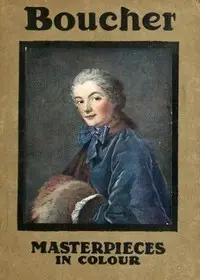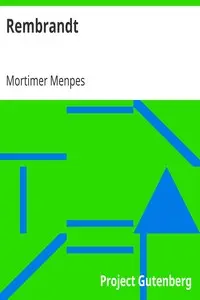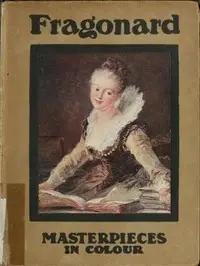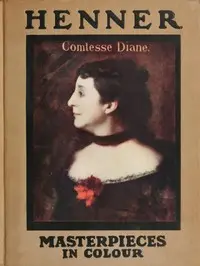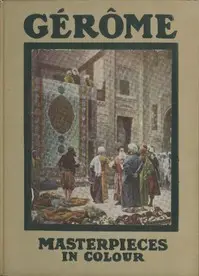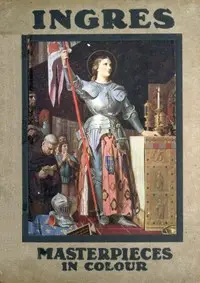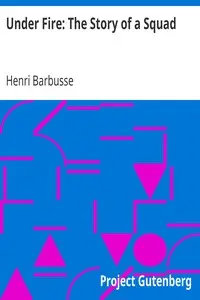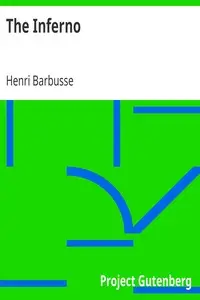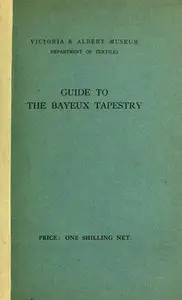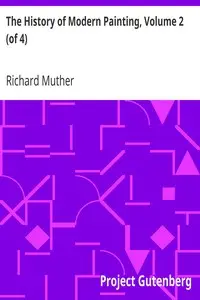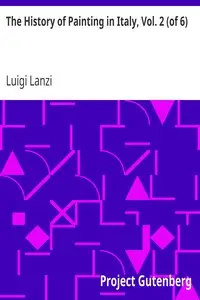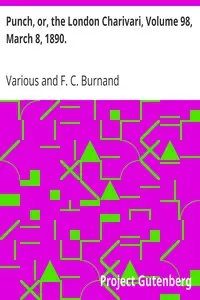"Meissonier" by Henri Barbusse is a detailed biography that recounts the life and artistic journey of the French painter Jean-Louis-Ernest Meissonier, renowned for his commitment to realism, his focus on detail, and his talent for military painting. From his early struggles to his rise to prominence, the book looks at Meissonier's career and dedication to capturing accurate human expressions and historical moments in his paintings; the biography emphasizes his painstaking research into costumes and settings to accurately portray the nuance in his work. Barbusse showcases Meissonier's unique approach to historical scenes, avoiding large-scale battle depictions in favor of meticulous small-scale paintings that capture the essence of the era. Highlighting the artist's devotion to accuracy and his unique perspective on history and character, this biography celebrates Meissonier's contributions as a master of French genre and military painting.
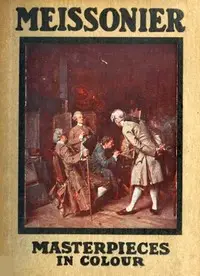
Meissonier
By Henri Barbusse
Discover the captivating journey of a French painter who meticulously recreated historical moments with his dedication to accuracy and detail.
Summary
About the AuthorHenri Barbusse was a French novelist, short story writer, journalist, poet and political activist. He began his literary career in the 1890s as a Symbolist poet and continued as a neo-Naturalist novelist; in 1916, he published Under Fire, a novel about World War I based on his experience which is described as one of the earliest works of the Lost Generation movement or as the work which started it; the novel had a major impact on the later writers of the movement, namely on Ernest Hemingway and Erich Maria Remarque.
Barbusse is considered one of the important French writers of 1910–1939 who mingled the war memories with moral and political meditations.
Henri Barbusse was a French novelist, short story writer, journalist, poet and political activist. He began his literary career in the 1890s as a Symbolist poet and continued as a neo-Naturalist novelist; in 1916, he published Under Fire, a novel about World War I based on his experience which is described as one of the earliest works of the Lost Generation movement or as the work which started it; the novel had a major impact on the later writers of the movement, namely on Ernest Hemingway and Erich Maria Remarque. Barbusse is considered one of the important French writers of 1910–1939 who mingled the war memories with moral and political meditations.

